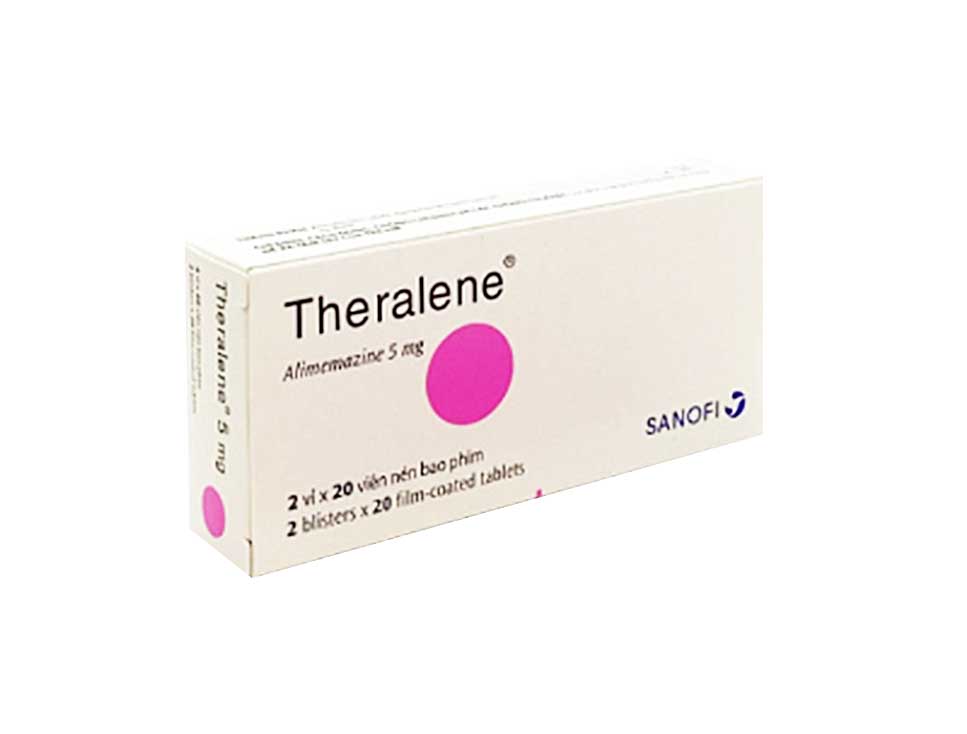Alimemazine is classified as a phenothiazine . Alimemazine blocks histamine which is released by our body during allergic reactions. Alimemazine also brings a relaxed feeling when taken.
Alimemazine is used too treat pruritus (itching). It is also commonly used as a sedative in children between 2 and 7 years of age. In children alimemazine reduces awareness to make the child feel relaxed, often before an operation or physician procedure.
Information about Medicine ALIMEMAZINE:
Alimemazine, also known as trimeprazine, is primarily used as an antihistamine and sedative. It is commonly prescribed for its sedative and anti-emetic (anti-nausea) properties. Alimemazine is often used to treat allergies, itching (pruritus), and to help manage nausea and vomiting.
It contains the active ingredient alimemazine tartrate and belongs to a group of medicines called phenothiazines.
Product Highlights
- Alimemazine is available in oral form (tablets or syrup) and sometimes in injectable form for hospital use.
- It is classified as a first-generation antihistamine, meaning it can cause drowsiness and is often used as a sedative.
Key Ingredients
Key Benefits
- Provides relief from allergic symptoms such as itching, hives, and hay fever.
- Acts as a sedative, helping to induce sleep or calmness.
- Can reduce nausea and vomiting, making it useful in managing motion sickness or post-operative nausea.
Direction For Use
- Alimemazine is typically taken orally, either as tablets or syrup.
- The dosage and frequency depend on the condition being treated and the patient's age and medical history.
- It may be taken with or without food, as directed by the healthcare provider.
Safety Concern
- Alimemazine can cause drowsiness and impair coordination and judgment. It is important not to drive or operate heavy machinery until you know how this medication affects you.
- Other common side effects include dry mouth, blurred vision, and constipation.
- It should be used with caution in elderly patients and those with certain medical conditions like liver or kidney disease.
Avoid Taking if ALIMEMAZINE:
- Individuals with a known allergy to trimeprazine or any of the ingredients in Alimemazine should avoid taking it.
- It should be avoided in patients who are currently taking or have recently taken monoamine oxidase inhibitors (MAOIs) due to potential drug interactions.
- Alimemazine may also interact with other medications, so it's important to inform your healthcare provider about all medications and supplements you are currently taking.





